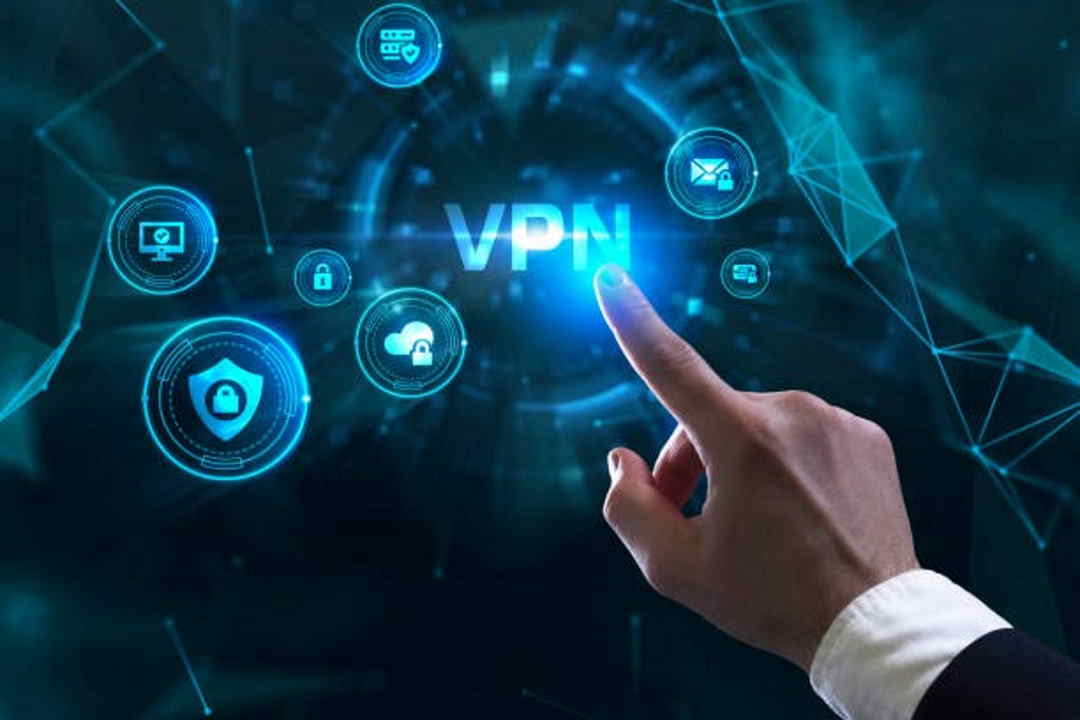A VPN, or virtual private network, is a service that’s designed to help you connect to the internet through an encrypted tunnel. This allows you to pretend like you are in a different location so you don’t have to worry about your ISP spying on your online activity. You can use a VPN to watch geo-restricted content, access blocked websites and services, and more.
When you connect to a VPN, you can access sites that might otherwise be inaccessible in your home country. The VPN creates an encrypted connection between your computer and the server and encrypts all of the traffic that passes through it. This means that if anyone wanted to intercept your traffic while it was passing through the local network (e.g., your ISP), all they would be able to see is encrypted data. Your ISP wouldn’t be able to see a thing, which makes it much harder for them to listen in and monitor your traffic. The next time you go online, you can just connect to the VPN and be on your way.
One of the most important aspects of a VPN is that it encrypts all of the data that passes through it. This means that if someone wanted to intercept your traffic and steal data from your computer, they would only be able to look at encrypted information.
How can a VPN help improve ping?
A gaming VPN helps improve ping by routing your connection to a different server, which can be in a different location. This will often give you better pings. So if you are using an Australian server, for example, you will get lower pings to Australian servers than you would with your standard American ones. It’s also worth noting that servers in the same country are usually faster than servers offshore because they have less distance to traverse and can take shortcuts that off-shore connections cannot.
Latency and pings are caused by many factors, including network congestion and route conditions. For example, a long routing path makes your latency and ping worse by adding more obstacles between you and your destination. This is the case even if the routers along this path are of the highest quality. This is why some VPNs use satellite connections to bypass the greater part of the distance traveled on more conventional networks. This results in a more reliable connection.
You can usually change the location of your VPN server to any one that’s local to you. The only restrictions are that you have to use OpenVPN, and you can’t go offshore due to law issues.
Do VPNs guarantee privacy?
Virtual Private Networks (VPNs) offer a way to protect your privacy by connecting over an encrypted connection to a remote server before accessing the network. A VPN is a valuable tool for many people who work remotely, use public networks, travel frequently, or live in countries with restrictive internet policies.
However, VPNs do not guarantee you total security and privacy. While VPNs can help you protect your privacy if you use them correctly, there are many ways in which they can be implemented insecurely. Your VPN connection could be exposed as it travels unencrypted through untrusted networks such as public WiFi Hotspots. Your ISP may be logging all traffic at the Internet exchange point where ISPs meet to connect to the wider internet.
What does a VPN do for PC gaming?
A Virtual Private Network, or VPN, is a vast network of computers that are connected together to form one large protected network. All the computers within the VPN see each other as if they were on the same local network. However, since they are isolated from one another, no individual computer can access resources on other computers in the VPN without going through an intermediate server like a proxy or DNS server. This makes it difficult for individuals outside of your private network to steal personal information like passwords or connect to your system without permission.
There are different kinds of VPNs, with some having varying levels of security. VPNs are used by companies to secure their data transfers in order to protect their sensitive information against hackers. For example, many banks use VPNs nowadays to prevent hackers from retrieving account information or employee emails that were transferred through unsecured networks.
The other major use for Virtual Private Networks is to allow you access to servers in different countries. For example, if you’re in the United States and want to play a game that is hosted solely on servers in Japan, you can set up a VPN so that the game only looks for your account information on the servers in Japan. You can also play multiplayer games with players who are located in completely different countries. A virtual private network allows people to pretend they are far away when they are really close.





